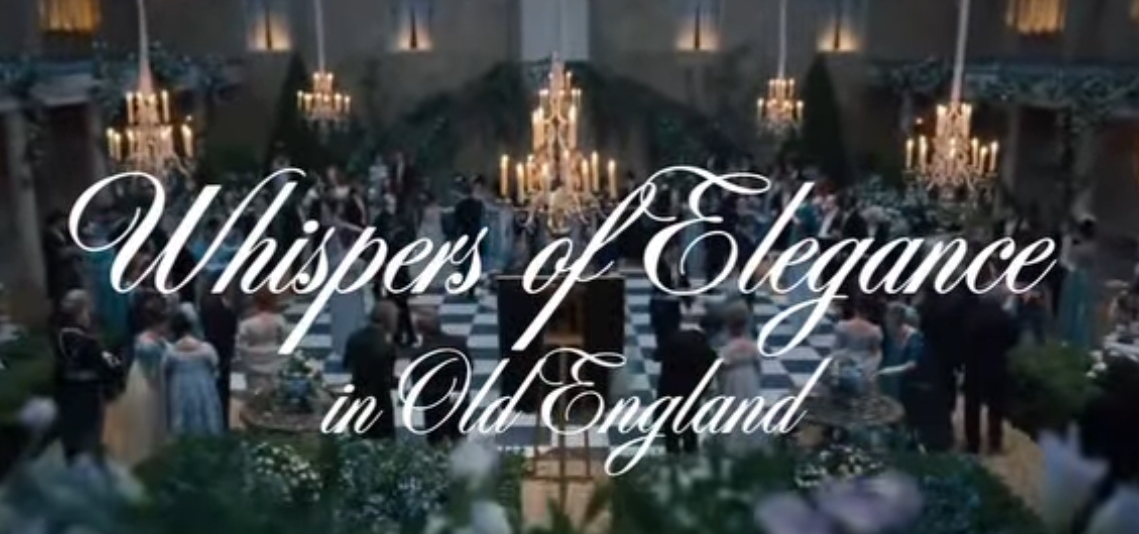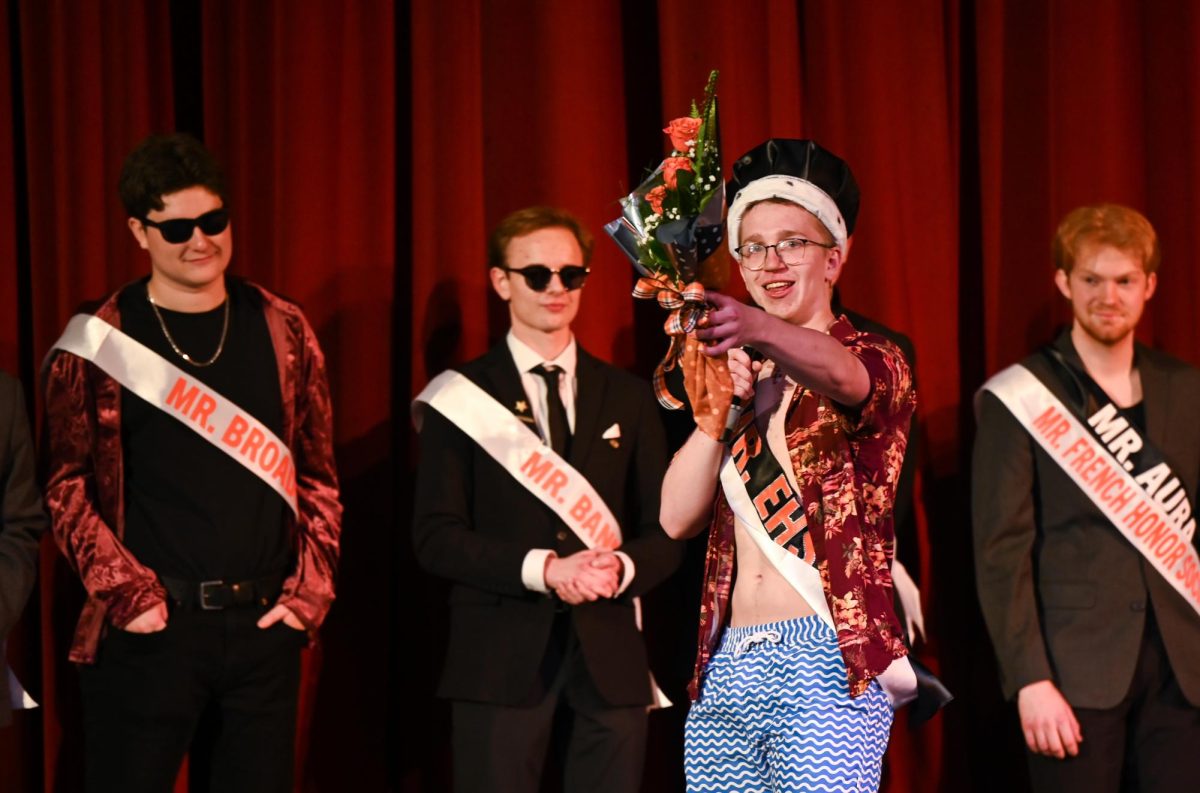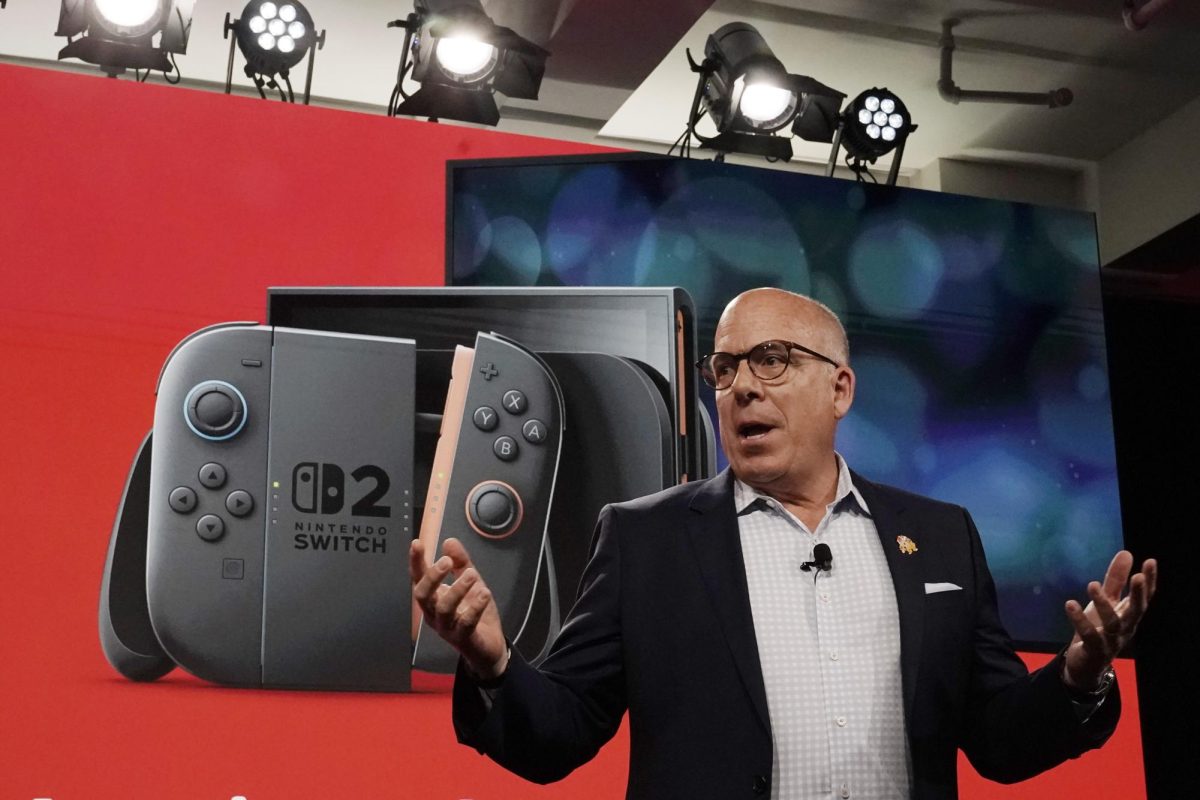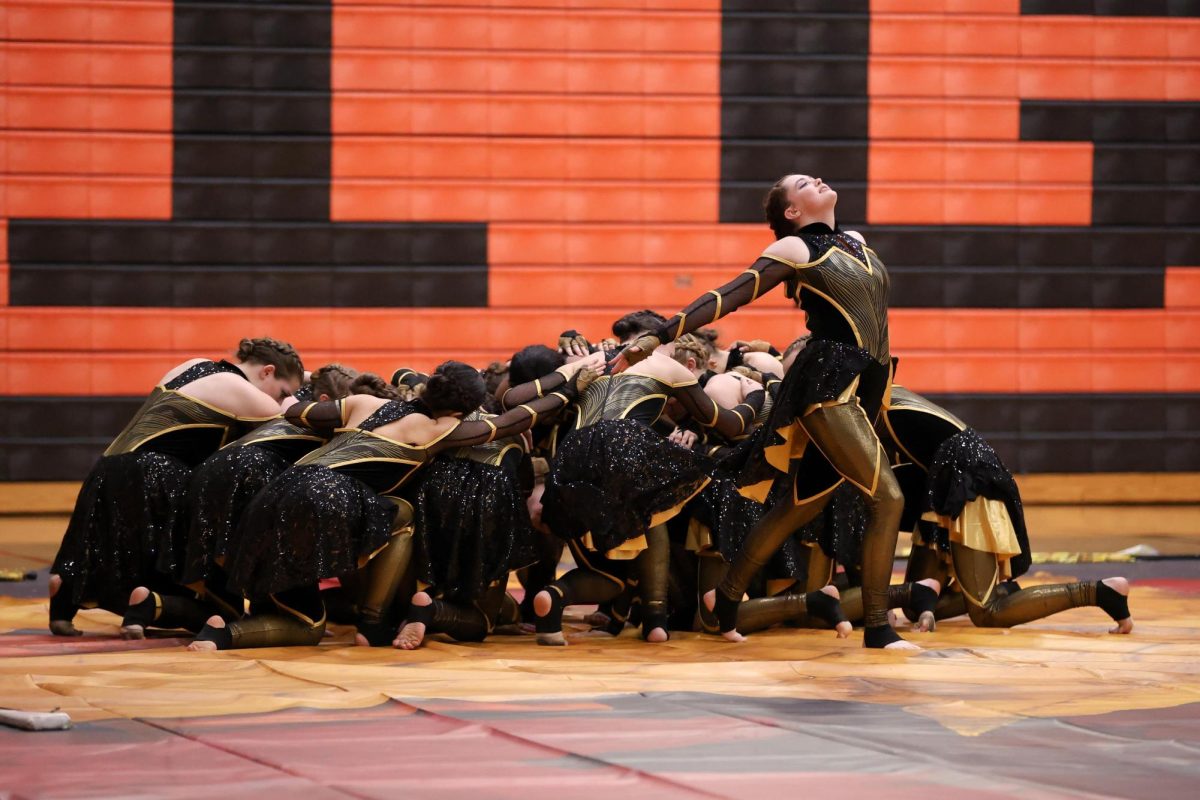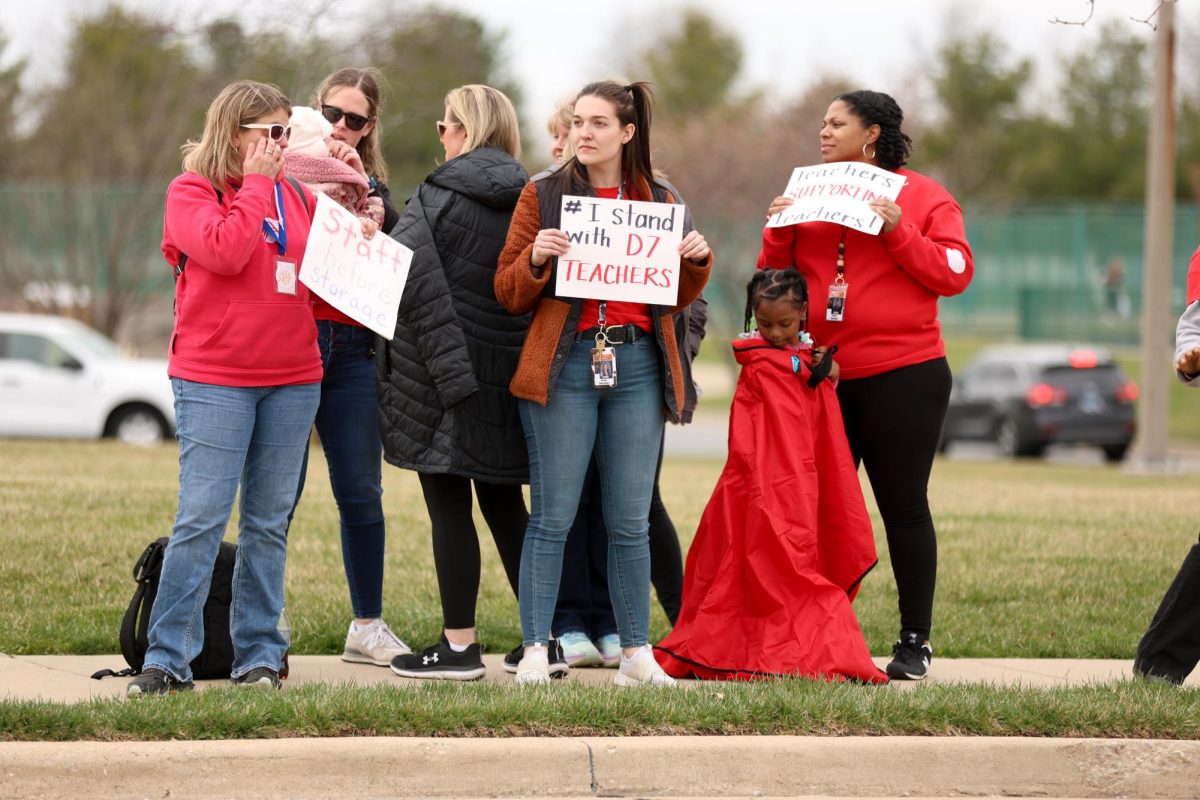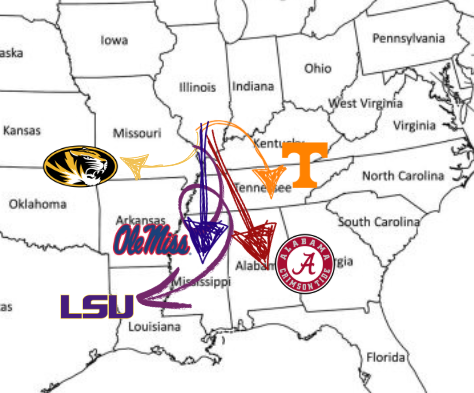‘Crazy Rich Asians’ Proves Diversity is What America Wants
August 23, 2018
To anyone, turning “Crazy Rich Asians” from a 500-page book to a film with a $30 million budget may seem like a risky investment. It was released on an August (a movie dump month) weekend, starred two relatively new actors to film as the leads and was the first all-Asian cast in a major motion picture since “The Joy Luck Club” in 1993.
And 10 years ago, “Crazy Rich Asians” was a risky investment. But since hits like “Get Out” and “Black Panther,” Hollywood is beginning to realize that the diversity makes money. Both films starred a black male lead and grossed respectively $176 million and $700 million domestically, according to Box Office Mojo.
However, the incoming wave of inclusive movies and television shows are predominantly from a black cast and crew, not Asian. In fact, according to the 2018 Hollywood Diversity Report, only 3.1 percent of actors cast in film roles were Asian in 2016. Just like the African-American talent in Hollywood, Asian cast and crew members just needed a project to prove to the big corporations what we already know: America is tired of only white leads.
And just like it’s African-American counterparts, “Crazy Rich Asians” paid off. As of Aug. 21, following its opening weekend, the film’s domestic total sat at $44 million. But it all started with a debut novel by a native Singaporean.
Author Kevin Kwan released his novel “Crazy Rich Asians” in 2013 which received praise from The New York Times and The Boston Globe. The film follows an American-born Chinese woman named Rachel Chu (Constance Wu) who is travelling to Singapore with her boyfriend Nick (Henry Golding) to attend his best friend’s wedding. She is then surprised to find out that Nick’s family is extremely wealthy and faces the trials and tribulations of socialites, rumors and Nick’s mother.
The film rights were quickly subject to a bidding war between Warner Bros. Entertainment Inc. and Netflix. Even though Netflix offered more money to bring the novel to life, Kwan and director Jon M. Chu opted for Warner Bros.
“If it came down to money, what are we actually trying to do here?” Chu told Vulture. “Taking it to the theater, it’s a symbol that a Hollywood studio system thinks it has value, and we were all in a position in our careers where we didn’t need the money anyway.”
For Kwan and Chu, making “Crazy Rich Asians” possible was just as much about breaking barriers as it was about accessibility. Warner Bros. gave the film a chance to be seen by audiences around the world and prove itself. It was just as important for the actors and actresses on the movie to give young Asian and Asian-American viewers what they never had: representation.
“We are not supporting roles,” star Constance Wu said in an interview with Time Magazine. “We are stars on our own journeys.”




